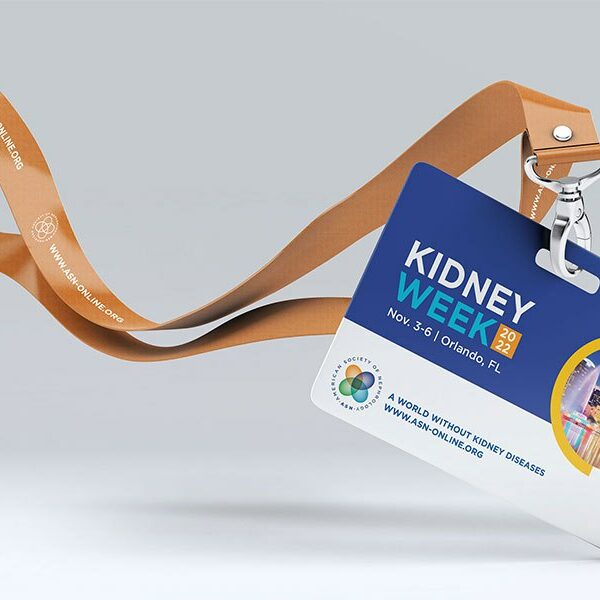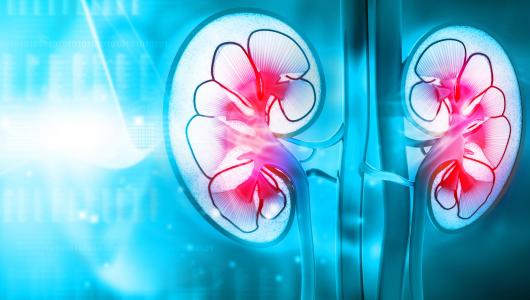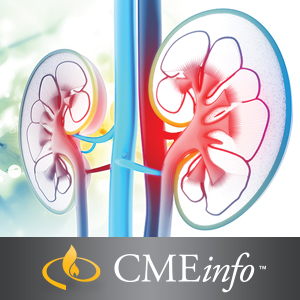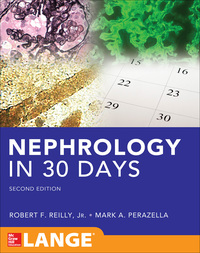-88%
Advances in Glomerular Diseases: Unveiling Pathogenesis, Diagnosis, and Management Strategies
Recent advancements in the understanding of glomerular diseases have revolutionized their management. This comprehensive program brings together renowned experts to delve into these advancements, empowering participants with the knowledge and skills to effectively diagnose and treat these complex conditions.
Cutting-Edge Pathogenesis and Diagnosis
- Pathology of Dysproteinemias: Explore the underlying mechanisms and clinical implications of dysproteinemias, gaining insights into their role in glomerular dysfunction.
- Diagnostic and Clinical Approach in Dysproteinemias: Master the diagnostic techniques and treatment strategies employed in the management of dysproteinemias.
- ANCA-Associated Vasculitis: Enhance your understanding of the pathogenesis and management of ANCA-associated vasculitis, a type of inflammation targeting small blood vessels.
- Viral Glomerulopathies: Comparing HIV-Associated Nephropathy and COVID-19-Associated Nephropathy: Analyze the similarities and differences between these two viral-induced glomerular diseases, optimizing diagnostic and therapeutic approaches.
- Advances in IgA Nephropathy: Stay abreast of the latest research and clinical advancements in IgA nephropathy, a common cause of glomerulonephritis.
Targeted Treatment Strategies
- Glomerular Disease in Pregnancy: Equip yourself with the knowledge and skills to manage glomerular diseases in pregnant women, ensuring optimal outcomes for both mother and child.
- Slowing Progression of Diabetic Kidney Disease and Cardiovascular Comorbidities: Learn innovative strategies to halt or slow the progression of diabetic kidney disease and associated cardiovascular complications.
- Lupus Nephritis: Using New Tools: Expand your armamentarium for treating lupus nephritis, incorporating novel therapies to improve patient outcomes.
- Nephrotic Syndrome Diagnosis and Management: Enhance your diagnostic and management skills for nephrotic syndrome, a condition characterized by excessive protein in the urine.
- Minimal Change Disease and FSGS: Master the diagnosis and management of minimal change disease and focal segmental glomerulosclerosis (FSGS), two common glomerular diseases.
- Membranous Nephropathy: Management and Pathobiology: Explore the pathophysiology and management of membranous nephropathy, a type of glomerular disease leading to proteinuria.
Special Populations and Emerging Frontiers
- Glomerular Disease in Children: Gain specialized knowledge in managing glomerular diseases in children, considering unique age-related factors.
- APOL1-Associated Kidney Disease: Delve into the mechanisms and clinical applications of APOL1-associated kidney disease, a genetic disorder with severe consequences.
- C3 Glomerulopathy and Atypical Hemolytic Uremic Syndrome: Enhance your understanding of these complex glomerular conditions and their management approaches.
- KDIGO 2021 and Beyond: Evolving Treatment Landscapes: Stay abreast of the latest KDIGO (Kidney Disease: Improving Global Outcomes) guidelines and their implications for glomerular disease management.
Interactive Learning Experiences
- Live-Stream Clinicopathologic Case Sessions: Participate in interactive case-based discussions, applying your knowledge in real-world scenarios.
- Self-Assessment Questions: Test your understanding of key concepts and reinforce learning.
- Panel Discussions: Engage with experts in a collaborative setting, fostering critical thinking and knowledge sharing.
maybe you like these too:
- New Insights into Glomerulonephritis : Pathogenesis and Treatment
- UCSF Primary Care Medicine: Update 2023 (Videos)
- Symptom-Based Diagnosis in Pediatrics (CHOP Morning Report) (EPUB)
- New and Emerging Diseases, An Issue of Veterinary Clinics: Exotic Animal Practice (The Clinics: Veterinary Medicine) (Original PDF from Publisher)










Reviews
Clear filtersThere are no reviews yet.